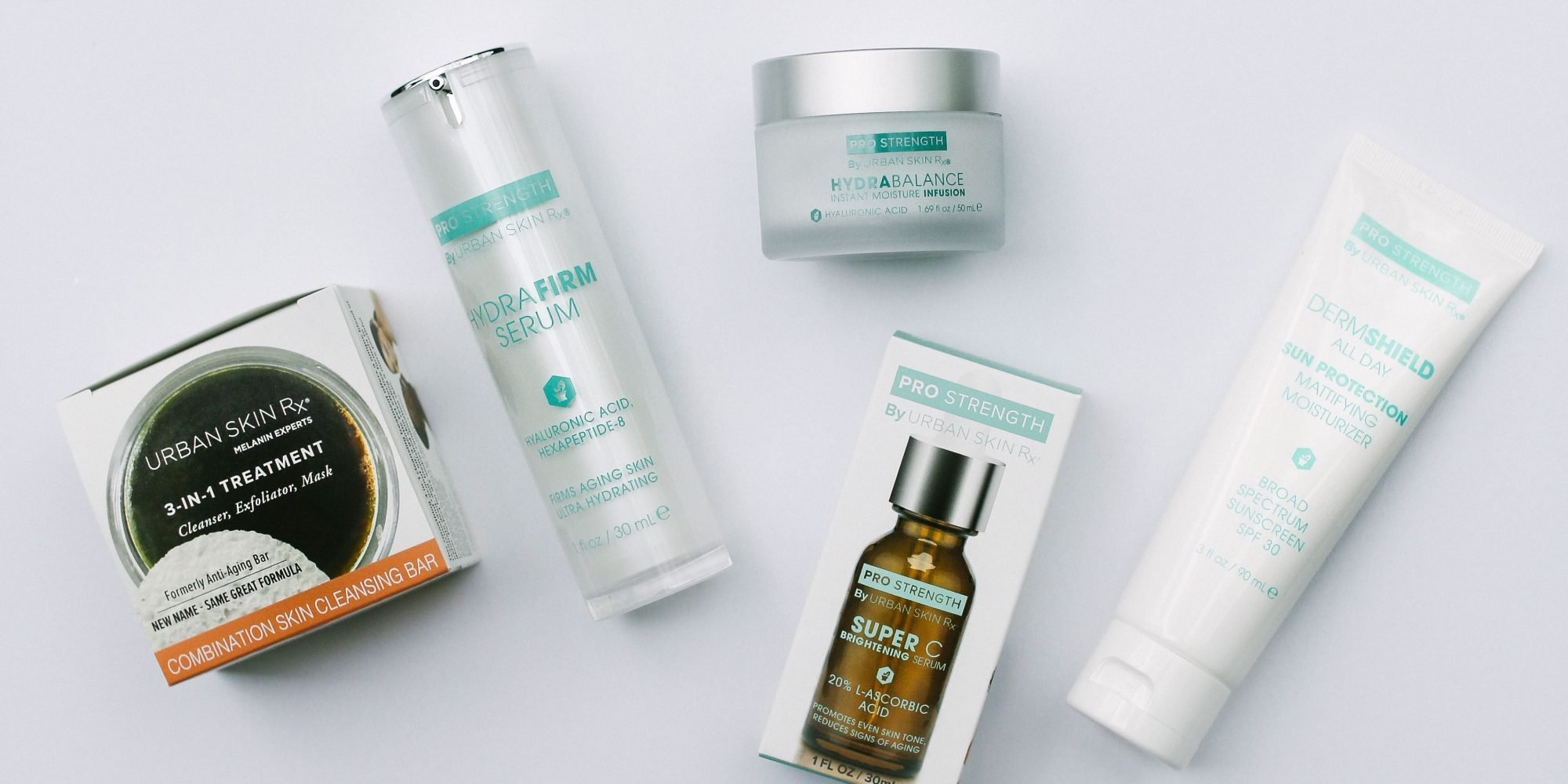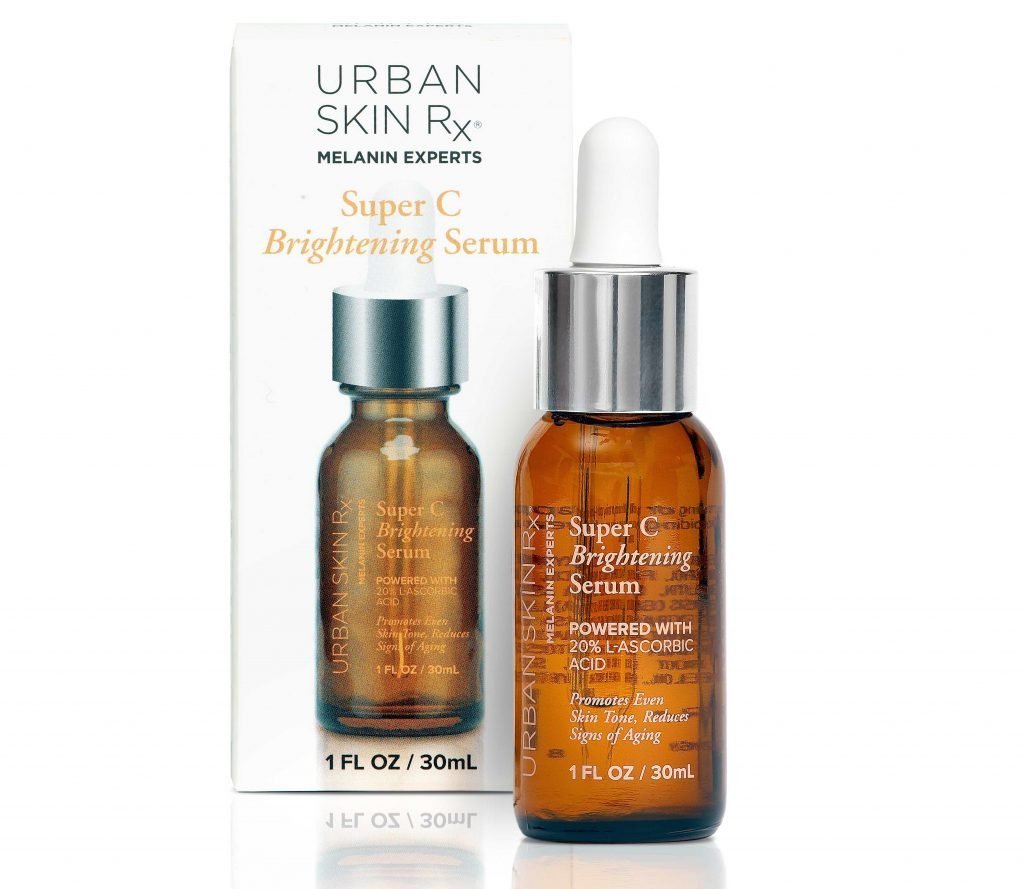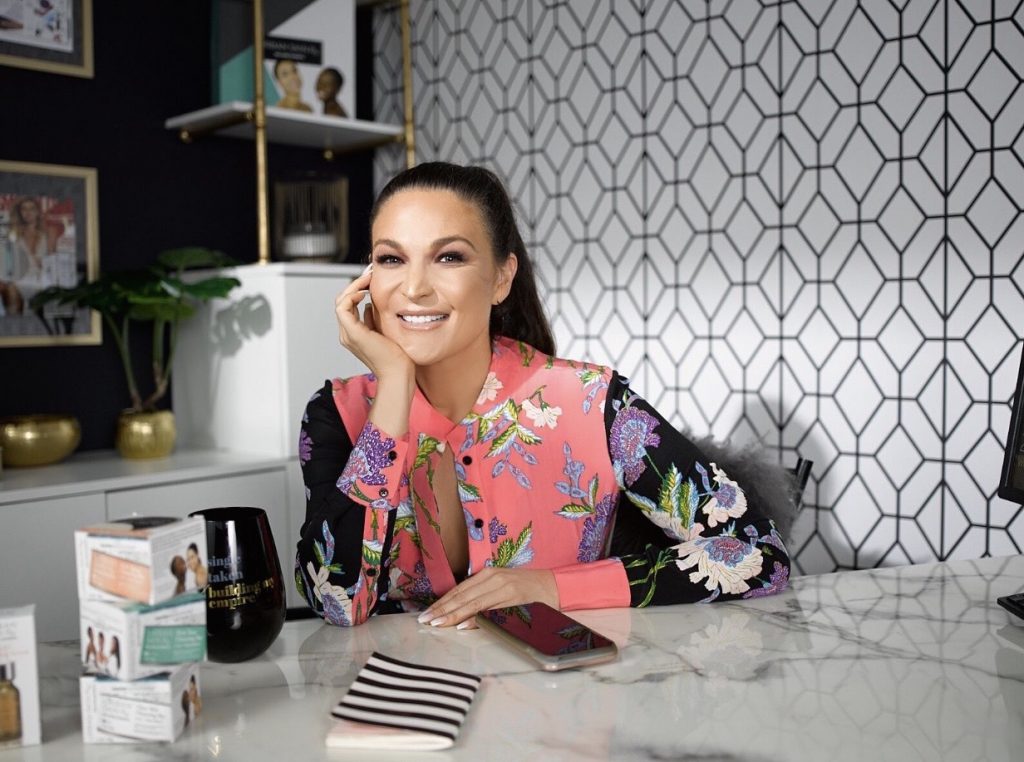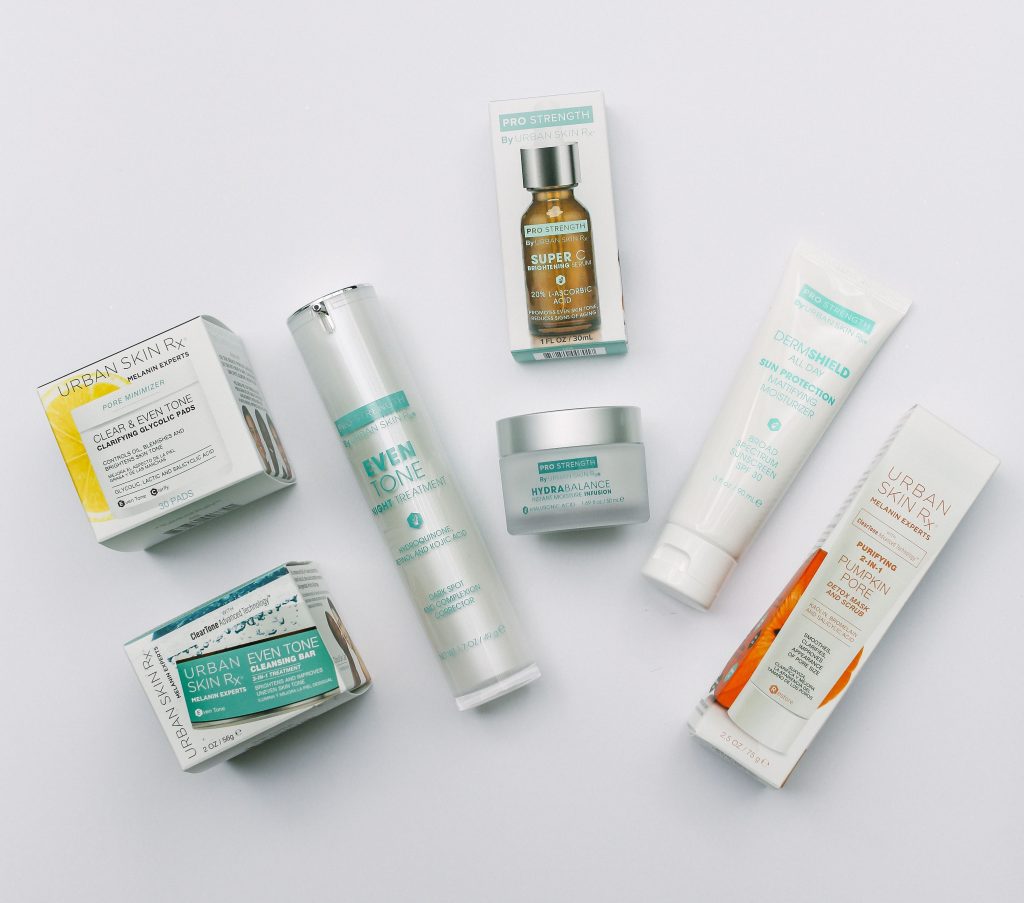
Urban Skin Rx Founder Rachel Roff Is Out To Prove It’s Possible To Be Successful In Both The Mass And Prestige Beauty Segments
In May 2017, medical aesthetician Rachel Roff received the news that Target decided to pick up Urban Skin Rx, the multicultural skincare brand she introduced six years earlier at her med-spa Urban Skin Solutions in Charlotte, N.C. She was thrilled, but also worried.
Urban Skin Rx had been generating $2 million in annual sales through its website at a price range of $28 to $78 for single stockkeeping units. Bundles went up to $200. At Target, Roff would have to reduce the prices of Urban Skin Rx’s products at least 25%, and she was scared the price reduction would hurt its direct-to-consumer business.
“What if it didn’t work at Target?” Roff remembers asking herself. She elaborates that, on top of a price decrease potentially imperiling the brand’s web sales, “My cost of goods wasn’t at a point where I could afford to drop it down to the price point that they wanted. There were SKUs that it did work for, but it didn’t work for the majority of them.”

Target requested a slew of Urban Skin Rx products, according to Roff. She demurred and, instead, focused on rolling out three SKUs—Even Tone Cleansing Bar, Clear Skin Cleansing Bar and Anti-Aging Cleansing Bar—for which she could stomach a price dip. Originally, the bars had been priced at $28 for a 3.3-oz. size with three sponges. At Target, they landed at 300 stores and online in January 2018 at $12.99 for a 2-oz. size with two sponges, and the price on Urban Skin Rx’s site fell to $24 for the 3.3-oz. size with three sponges.
“We launched the three bars in the small size, held our breath, and they sold amazingly. Our website did not take a hit. If anything, the Target consumer who was being introduced to my brand was loving that product and going to my website looking for offerings, but Target wanted more from us,” says Roff. “This smaller size for a cheaper price wasn’t going to work across a lot of the products that they wanted. I had to continue to strategize.”
“I’m someone that likes to prove a lot of people wrong. They say it’s not possible to play in the mass and prestige space and, when you are a multicultural brand, people feel the odds are further stacked against you. It’s very important to me to be successful in the mass and prestige space.”
Roff’s strategizing has led her to separate Urban Skin Rx’s mass-market line from a prestige line now called Pro Strength by Urban Skin Rx. The latter is priced from $24 for $68 for individual items with formulas that contain, for example, high concentrations of retinol and ascorbic acid too steep for mass retailers and sometimes larger sizes. The former is priced from $12.99 to $22.99 for often smaller sizes and formulas that are designed to be effective with active ingredients such as glycolic acid and kojic acid, but less expensive.
“It’s like Marc Jacobs and Marc by Marc Jacobs. They are both beautiful lines, but you might see more advanced details in Marc Jacobs than Marc by Marc Jacobs,” explains Roff, adding, “I’m someone that likes to prove a lot of people wrong. They say it’s not possible to play in the mass and prestige space and, when you are a multicultural brand, people feel the odds are further stacked against you. It’s very important to me to be successful in the mass and prestige space.”

Urban Skin Rx is on the rise in the mass segment. Shortly after entering 300 Target doors, the brand spread to 600 doors at the chain and, in July, it’s extending to 1,100 doors. Target’s selection of Urban Skin Rx products has increased from the initial three cleansing bars to nine products encompassing Clear & Even Tone Clarifying Glycolic Pads, Purifying Pumpkin Pore Detox Mask and Scrub, Dark Spot Rapid Repair Retinol Treatment, Even Tone Super Glow Serum and Even Tone Support Supplement Capsules.
In January, Urban Skin Rx broke into 1,750 CVS drugstores with four products and, in February, it arrived at 460 Ulta Beauty locations with nine products. Despite the retail expansion, Roff shares 50% to 60% of her company’s sales are currently from its direct-to-consumer operations, and half of all purchases online are from existing customers. Combined sales of Urban Skin Rx and Pro Strength by Urban Skin Rx are expected to reach $11 million to $12 million this year, up from $6.7 million last year.
“I want to stay focused on my core consumer, African-American women. They are the biggest supporters of my brand, and they have been so ignored in the beauty industry.”
Roff foresees growth coming from retail expansion as well as the enlargement of a product assortment that stands at over 30 SKUs. Ten new products are due out this year from Pro Strength by Urban Skin Rx and Urban Skin Rx, including including a $68 Pro Strength by Urban Skin Rx dermaplaning product. For Urban Skin Rx, Walgreens is on Roff’s distribution wish list and, for Pro Strength by Urban Skin Rx, Sephora domestically and internationally is on that list.
To help support growth, Roff is considering securing a financial partner. “When I’m evaluating who is out there and I look at their portfolios, it’s not necessarily about how many brands have been in their portfolios, it’s about the success rate of those brands being sold to strategics,” she says. “I love being the CEO of my company. I don’t want to change that, but I want the right people in the right seats. I want to build a legacy brand for my daughter more than I want to have cash in the bank.”

Roff stresses she won’t take on a partner if she believes that partner will force her to compromise on her company’s formulas or its demographic target. “I want to stay focused on my core consumer, African-American women. They are the biggest supporters of my brand, and they have been so ignored in the beauty industry. I want to stay loyal to them,” she says. “I think someone might jeopardize the success of my brand by saying, ‘Wow, we could just make this for everybody.’ I get very nervous about that.”






Leave a Reply
You must be logged in to post a comment.